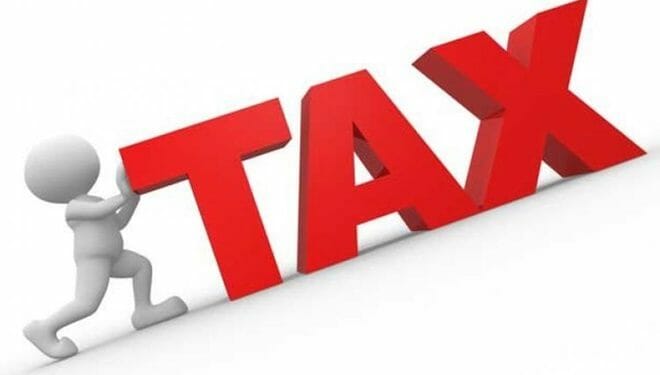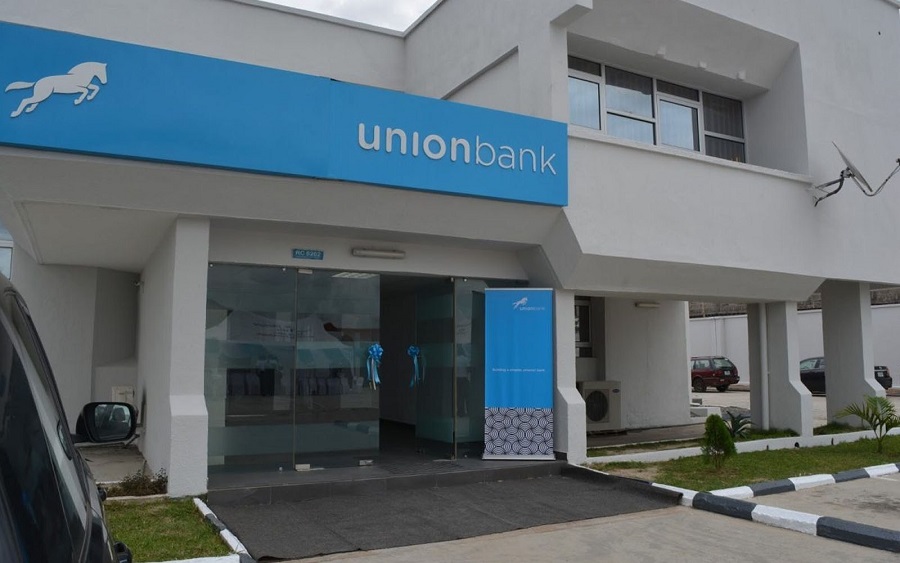Finance
Consequences of Defaulting on a Loan
Life throws financial curveballs, and sometimes keeping up with loan payments becomes a challenge. However, defaulting on a loan can have serious and long-lasting consequences that can significantly impact your financial well-being. This comprehensive guide equips you with the knowledge necessary to understand the repercussions of loan default, navigate challenging situations, and explore strategies to potentially mitigate the damage.
Understanding Default: When Missed Payments Become a Problem
Loan default occurs when you fail to make your loan payments for a sustained period, typically defined by the lender as 90 days or more past due. At this point, the lender considers the loan to be in default, triggering a series of consequences.
The Domino Effect of Default: A Cascade of Repercussions
Defaulting on a loan sets off a chain reaction of negative consequences, impacting your financial standing in several ways:
- Damaged Credit Score: A loan default is a severe blemish on your credit report, significantly lowering your credit score. A poor credit score makes it difficult and expensive to secure future loans, including mortgages, car loans, and even credit cards.
- Debt Collection: The lender will likely transfer your defaulted account to a collection agency. Collection agencies will aggressively attempt to collect the outstanding debt, which can include phone calls, letters, and even legal action.
- Wage Garnishment: In some cases, the lender or collection agency may be entitled to garnish a portion of your wages to recoup the debt. This can significantly impact your take-home pay and strain your budget.
- Lawsuit and Judgment: The lender may sue you for the defaulted amount, potentially leading to a court judgment against you. A judgment can further damage your credit score and make it difficult to own property or obtain certain licenses.
- Repossession (Secured Loans): If you default on a secured loan, such as a car loan or mortgage, the lender has the legal right to repossess the collateral used to secure the loan. Losing your car or home can have severe consequences beyond the financial implications.
Beyond the Financial Toll: The Emotional Impact of Default
The stress and anxiety associated with loan default can take a toll on your emotional well-being. Worrying about debt collectors, facing legal action, and struggling to meet your financial obligations can lead to feelings of helplessness, shame, and depression.
Mitigating the Damage: Strategies to Address Loan Default
If you’re facing the possibility of loan default, don’t despair. Here are some strategies to explore:
- Communicate with Your Lender: Proactive communication is crucial. Contact your lender as soon as you anticipate difficulty making payments. Explain your situation and explore options such as loan modification, hardship programs, or a repayment plan.
- Debt Consolidation: Consolidate multiple debts into one loan with a lower interest rate. This can simplify your repayment process and potentially reduce your monthly payment burden.
- Credit Counseling: Consider seeking help from a credit counseling agency. These non-profit organizations offer free or low-cost financial counseling and debt management plans to help you develop a strategy for repaying your debts.
- Explore Bankruptcy: Bankruptcy may be a last resort option, depending on your financial situation. Consult with a bankruptcy attorney to understand the implications of filing for Chapter 7 or Chapter 13 bankruptcy.
The Road to Recovery: Rebuilding Your Credit After Default
Recovering from loan default takes time and effort. Here are steps to rebuild your credit score after a default:
- Resolve the Default: Make every effort to pay off the defaulted loan or settle the debt with the lender or collection agency.
- Maintain On-Time Payments: Once you’ve addressed the default, prioritize making on-time payments for all your remaining credit obligations.
- Keep Credit Utilization Low: Maintain a low credit utilization ratio by keeping your credit card balances well below their credit limits.
- Dispute Errors: Review your credit report regularly and dispute any errors that may be negatively impacting your score.
- Consider Secured Credit Cards: Building a positive payment history with a secured credit card can help improve your credit over time.
Learning from the Experience: Preventing Future Defaults
Preventing loan default in the first place is crucial. Here are some practices to adopt:
- Budgeting: Create a realistic budget that tracks your income and expenses. Allocate sufficient funds to cover your loan payments and other financial obligations.
- Emergency Fund: Build an emergency fund to cover unexpected expenses that might otherwise derail your ability to make loan payments. Aim to save 3-6 months of living expenses.
- Only Borrow What You Can Afford: Only borrow what you can comfortably repay based on your income and existing financial obligations. Don’t overextend yourself financially.
- Shop Around for Loan Options: Compare loan terms and interest rates from different lenders before accepting a loan offer. Choose the option that best fits your needs and budget.
Beyond Individual Impact: The Ripple Effect of Loan Defaults
Loan defaults can have a broader impact beyond the individual borrower:
- Impact on Lenders: Loan defaults can lead to financial losses for lenders, impacting their ability to offer credit to other borrowers. This can potentially tighten lending standards and make it more difficult for others to secure loans.
- Economic Downturns: Widespread loan defaults can contribute to economic downturns. If a significant number of borrowers default on loans, banks may become more cautious in their lending practices, hindering economic growth.
The Importance of Financial Literacy and Responsible Borrowing
Financial literacy empowers individuals to make informed financial decisions, including responsible borrowing practices. By understanding the consequences of loan default, individuals can strive to avoid this situation and achieve greater financial stability.
Conclusion: Building a Secure Financial Future
Loan default can be a significant setback, but it’s not an insurmountable obstacle. By understanding the consequences, taking proactive steps to address the situation, and adopting responsible borrowing practices, you can navigate challenges and build a secure financial future. Remember, open communication with your lenders, seeking professional guidance when needed, and prioritizing financial education are key to overcoming loan defaults and achieving financial well-being.








